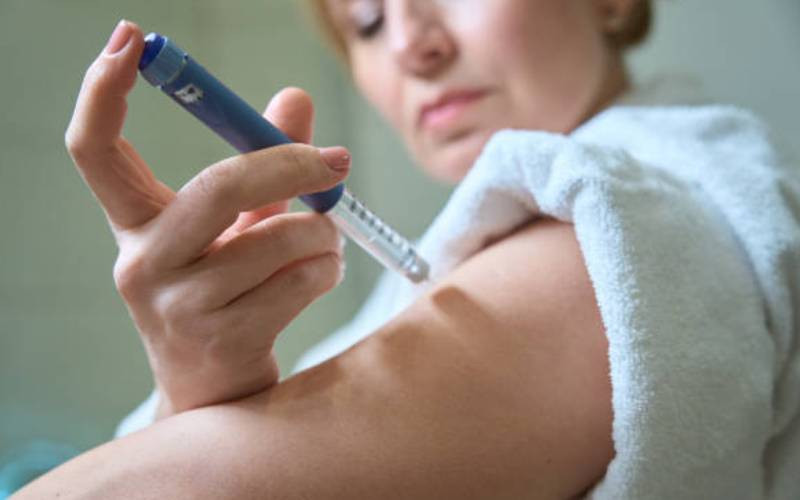×
The Standard e-Paper
Join Thousands Daily

In Kenya, access to family planning and contraception remains critical, with many women facing barriers to accessing quality reproductive health services.
These include geographical barriers, particularly in rural and remote areas, posing significant challenges for women seeking services due to distance to the nearest health facility and financial constraints.